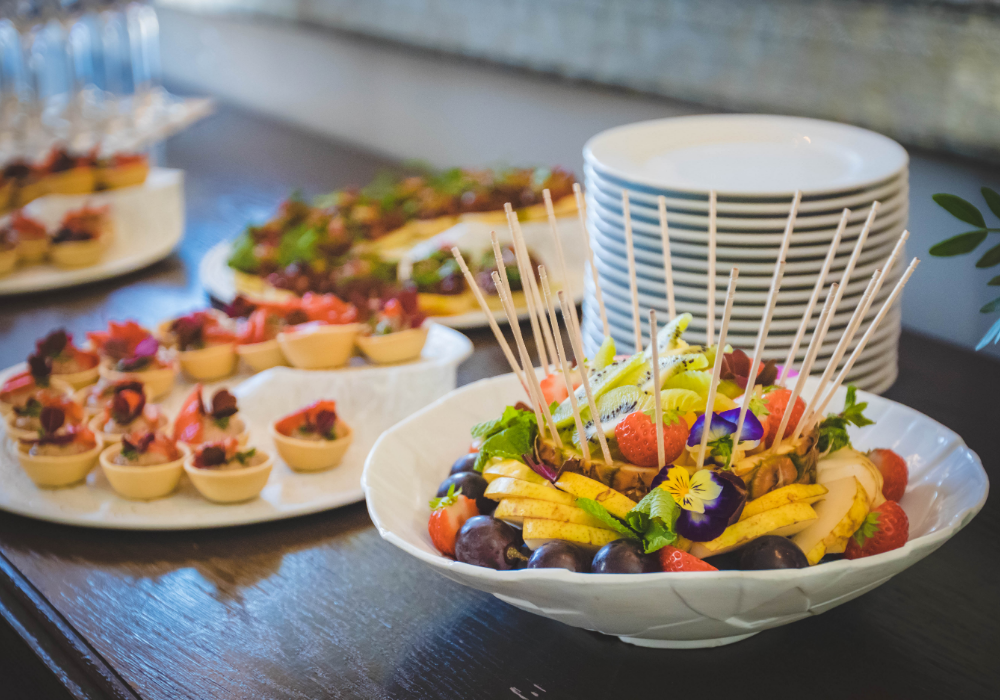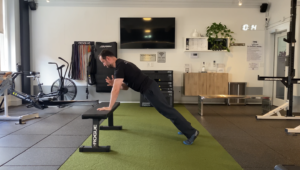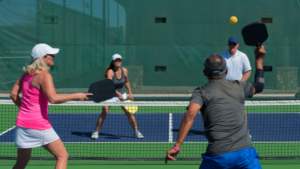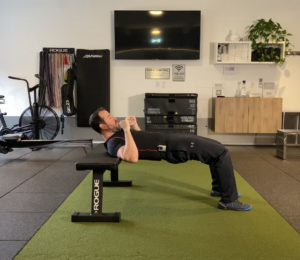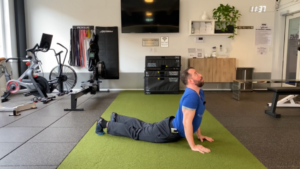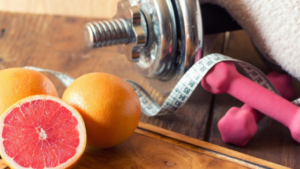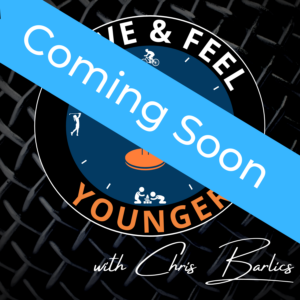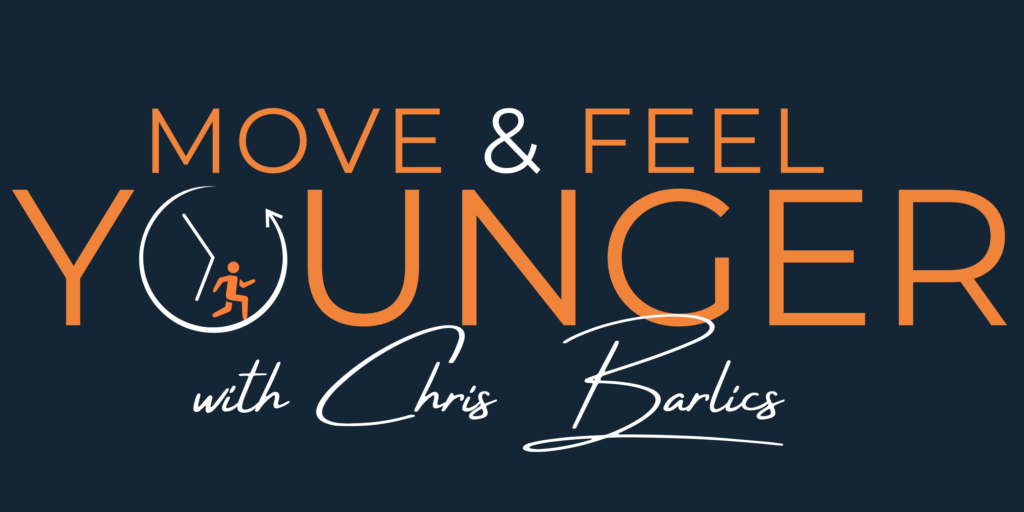Many people speak about their nutrition like they’re taking a cruise.
“I’m going on a diet.”
“ I’m currently on a diet.”
“ I need to go on a diet.”
Many of us, including myself, would benefit greatly by going on a cruise. Few, if any, benefit from going on a diet.
Those who are successful live with the word diet being a noun, not a verb. In other words, one has a diet – defined as the kind of food that a person habitually eats. It is not something we go on. When you hear the phrase, “Going on a diet,” what images come to mind? Restriction? Deprivation? Torturous? Misery? I also think of the words “temporary” and “harmful.”
When someone says they’re “going on a diet,” that typically means they will eventually go off of it – usually sooner than they had planned. Restrictive diets just are not sustainable. Typically, when we go “on a diet,” what we’re really saying is “I’ve let myself go and in an effort to get back on track, I’m going to do something extreme to jump start my progress and then get back to a healthier version of my normal eating habits.”
This is all well and good except for a few things. When you’re on a diet, you’re adhering to a bunch of superficial rules (i.e. no carbs, only 500 Calories per day, eat only the foods on this list). You’re not learning anything except how to play within the lines. But what happens when there are no lines? When you go to a party with tons of food, you can have any amount that you choose. When you go out to a restaurant, you can have as many courses of anything that’s on the menu. Nothing and nobody is telling you that you can’t (even if they do, we just avoid these people).
Unfortunately, life has no limits when it comes to food – you have complete freedom to do whatever you want. Unless you can learn to improve certain skills, you will always struggle.
So you can do one of two things – you can go on another diet, and follow the set rules you’ve been given. To see if this is a good option for you in the past, ask yourself – has anything sustainable (longer than one year) ever come out of me doing a restrictive diet? Many people do drop a fair amount of weight, providing them a temporary solution. But it is rarely sustainable.
The other option is to learn skills to help you build healthy habits into your daily routine make better choices so you don’t have to go on a diet – a method that has been empirically proven to be superior. This way, your actual diet (noun) will be healthier so you don’t have to go on a diet (verb).
So how do you begin doing this?
First, by asking yourself which skills do you need to be better at? While everybody has specific skills to work on that are unique to them, for most, it starts with 3.
For many, this is first about gaining an awareness of quantity – it has been shown that we underestimate our Caloric intake by as much as 50%! Being mindful about quantity usually is about learning more about portions so you make more informed choices- this way you can get good at guesstimating Calorie counts (even when at a restaurant).
The second important thing is figuring out how t0 consistently eat more nutrient dense foods you actually ENJOY. This may take some experimenting, perhaps learning different methods of cooking (i.e. meal prepping).
Another skill that is being able to set up your environment so good choices become easier and bad ones become harder. For example, making certain foods more visible at home while not buying others.
Whatever they are, we all have a set number of strategies that, if we put them together, would give us success. Anything from changing your mindset about what a diet is, as we discussed, to figuring out what specific skills you need to get better at and how. I hope you found something valuable in this article.
If you have any questions, feel free to reach out to me here.
